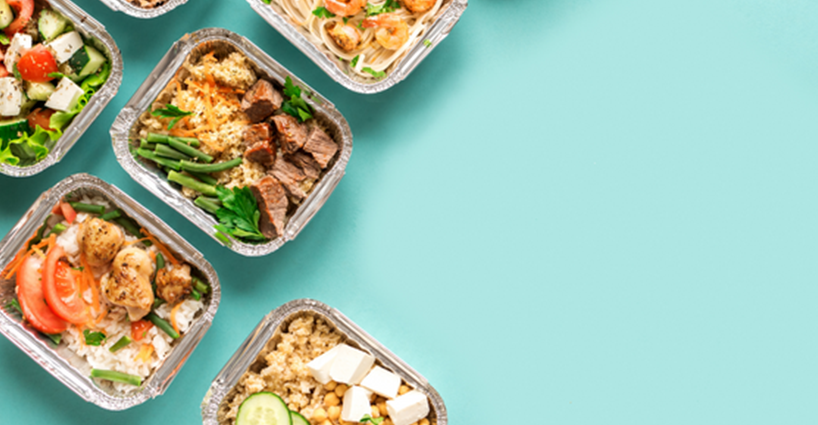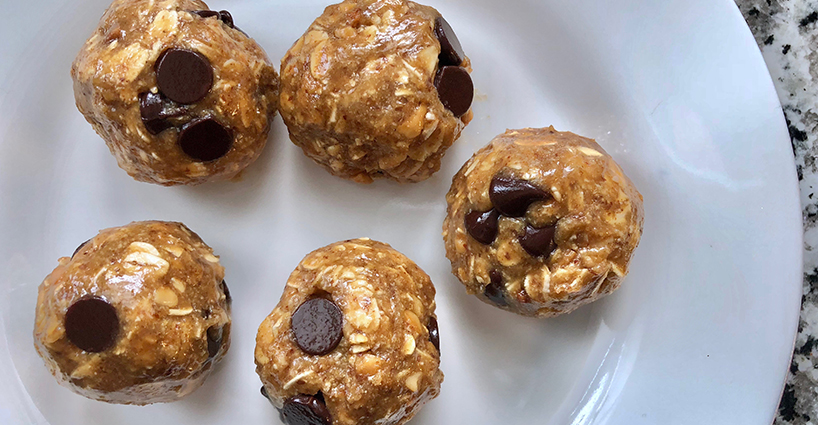The MAD lifestyle is a social one, so we’re definitely not here to squander your fun. However, we ARE here to arm you with as much legitimate information as possible when it comes to making decisions and creating habits impacting your health.
One of the first questions we get from clients starting out with the MAD Nutrition Blueprint involves how alcohol can (or can’t) be incorporated into blueprint implementation.
Short answer: of course you can incorporate it into your lifestyle. But like anything, excess can be dangerous, so you simply want to execute mindfulness when imbibing and understand the tradeoffs of boozing when also aiming to lead a healthy lifestyle.
Since we’re in the business of strength and conditioning, and since you can barely participate in a group fitness class or bootcamp these days without being seduced by the post workout happy hour or brewery-collaborated fitness event (full disclosure: even as we sit here writing this, we’ll be the first to admit that we’ve invited local breweries to come in and serve a post-MAD beer), we specifically want to call attention to how alcohol affects performance and recovery in the post-workout window.
Glycogen + muscle synthesis
As thoroughly covered in this blog post, following your training session in the MADhouse (or wherever you train), it’s crucial to replenish glycogen stores and stimulate muscle protein synthesis. This is why you’ll see post-workout guidelines that entail a combination of carbs and protein in our Nutrition Blueprint.
As much fun as all those “post workout happy hours” may be, guzzling down a cold one after you train doesn’t exactly qualify as a quality post workout carb source. Contrarily, consuming alcohol immediately after your training session directly interferes with glycogen replenishment and buffers the muscle protein synthesis process by over 35%.
Let’s talk hydration.
You all probably don’t need us to inform you that alcohol affects hydration status. Hello, hangover! In addition to consuming adequate protein and carbohydrates post-workout, hydration has a direct line to your recovery. At this point, you’re probably doing the math. Post-workout boozing ≠ hydration. Plain and simple, it will prolong your recovery time.
Zzzzzz…
If you ARE partaking in a post-workout happy hour, we’re assuming it has a PM attached to the time stamp. With that in mind, maybe you’re looking at that beverage as a means of coaxing you into an early bed time.
Not to be a bubble burster…but allow us to burst your bubble. While alcohol may enable you to fall asleep faster, the quality of sleep will be subpar. Alcohol consumption disrupts the most restorative portion of your sleep cycle – rapid eye movement (REM) sleep…and sleep debt flat out sucks. Feeling like garbage aside, chronic sleep debt contributes to poor nutritional choices, increased injury risk, and impaired recovery.
HORMONES (yes…men have them too)!
Cortisol (your stress hormone) and testosterone (a sex hormone usually associated with men; however, women also produce it in small amounts) are two key players impacting muscle growth. Cortisol fuels protein breakdown (when you’re training), while testosterone enhances protein synthesis (when you’re recovering). Alcohol consumption – particularly in the post-workout window – slows down testosterone secretion which, over time, can adversely affect the results from the hours you put in on the training floor.
Consider your priorities
In no way are we saying to stop drinking (if you know us well at all, you’d probably laugh at that prospect). But if you’re prioritizing tangible improvements in your performance or body composition, it’s probably best to first consume that carb- and protein-rich post-workout meal, and give yourself some time to digest that before taking down the harder stuff.
Lastly, no one’s placing judgment on you if you DO choose to enjoy a beer after your workout (and if they are…they’ve probably got their own baggage to deal with). If you’re doing so as an emotional, social, or mental release and could give a flying donut about the boozy interference in your physical recovery, that’s cool. It’s unreasonable to assume (or expect) that every single form of physical activity in which you engage is driven by some insane obsession with “gains.” Either way, we feel it’s important to equip you with the knowledge to make well-informed, health-related decisions.
Party on, Wayne.



